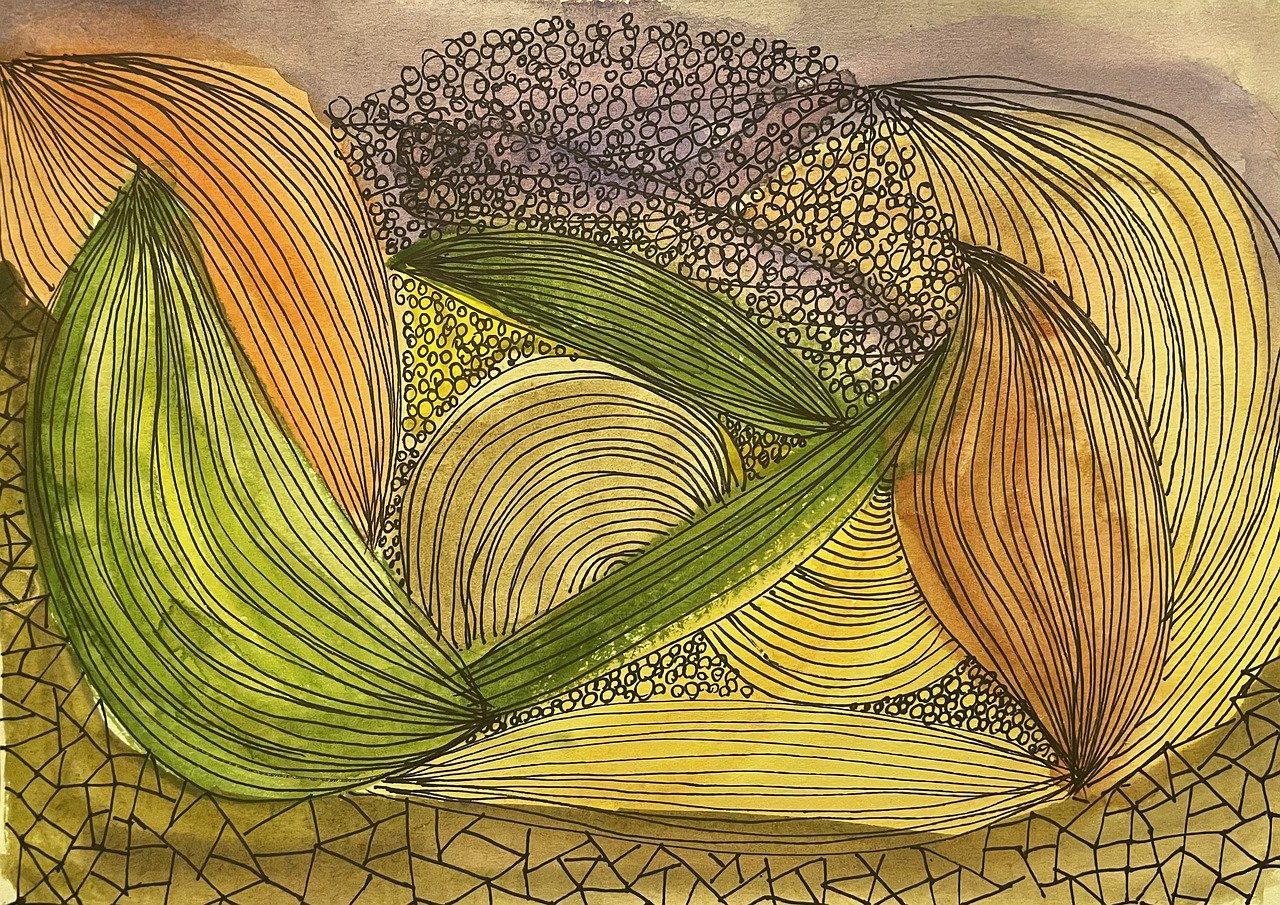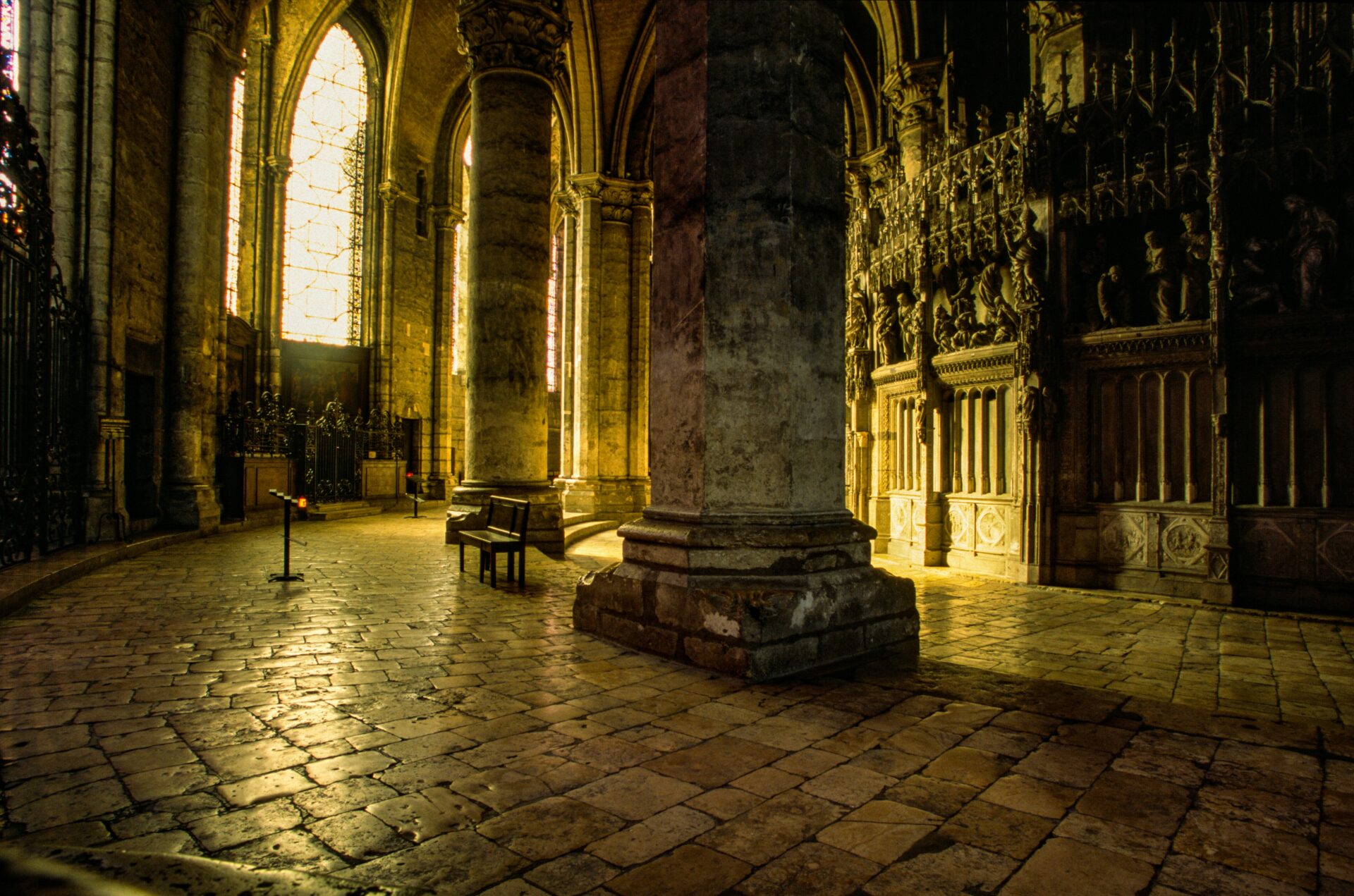We engage in a way of prayer that presupposes an attitude that is the opposite of what is more and more the culturally acceptable one in Western Civilisation. Because of our experience in prayer we know we cannot name the Nameless, cannot give form to the Formless. We know we cannot know the Divine Reality with the mind or the senses. But we also know that it does not mean that the Nameless and Formless does not exist, just because we intuit its Presence rather than use our ‘objective’ senses. There are two different ways in which to perceive reality – through intuition and through rationality. Although they are often treated as entirely different and opposite, they are complementary ways of approaching reality. Intuition and imagination is one of the qualities unique to human beings, as far as we know. And yet our whole surrounding culture in the West and our own consequent conditioning is based on rationality and denies the importance of intuition and imagination – it is dismissed on the grounds that this is subjective and ‘only’ our imagination. The prevalent view is that you should not accept as real, what you can’t objectively see with your own eyes, test in the laboratory; you are encouraged to ignore anything subjective that cannot be explained rationally. We hear John Main acknowledge the difficulty we may have with that in ‘The Present Christ’: “It can seem unbelievable to us that the way to real vision is the transcendence of all images. It seems to us, on the surface that without images there is no vision, just as without thought there is no consciousness.”
And yet the ‘rational’ physicists and cosmologists extend their theories based on mathematical formulae to include the whole cosmos. They can’t really say it is based on fact, as their ‘objective’ experiments are only based on the material reality we can see, which is 5% of the entire cosmos; the rest is dark matter and dark energy we know nothing about. Intuition plays a much larger part in scientific discovery than scientists on the whole like to admit, but Einstein rated intuition very highly: “The intuitive mind is a sacred gift and the rational mind is a faithful servant. We have created a society that honours the servant and has forgotten the gift.” This denial of the need for both reason and intuition– still a majority view – brings to mind what St Antony of the Desert said nearly two thousand years ago: “A time is coming when people will go mad, and when they meet someone who is not mad, they will turn to him and say, ‘You are out of your mind!’ just because he is not like them.” This attitude of general ‘madness’ is what leads to a sense of meaninglessness, to what John Main calls in ‘The Present Christ’ : “the ground of man’s most haunting fear – of isolation, fear, and loneliness, that the world is itself only a terrible mistake.” It is only by listening with the ear of the heart, intuitive understanding coming from experience in silent prayer, that we can escape what St Paul already called 2000 years ago a “world without hope.” But as John Main continues in ‘The Present Christ’: “what ultimately makes depth of vision possible is faith: the leap into the unknown, the commitment to Reality we cannot see.”
Image by slowrabbit from Pixabay







